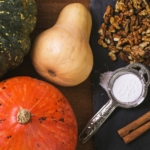6 Spring Allergy Home Remedies You Probably Didn’t Know About
Got seasonal allergies? Ease the sneeze with these tried-and-true home remedies for natural allergy relief, many of which you'll find right in your pantry.
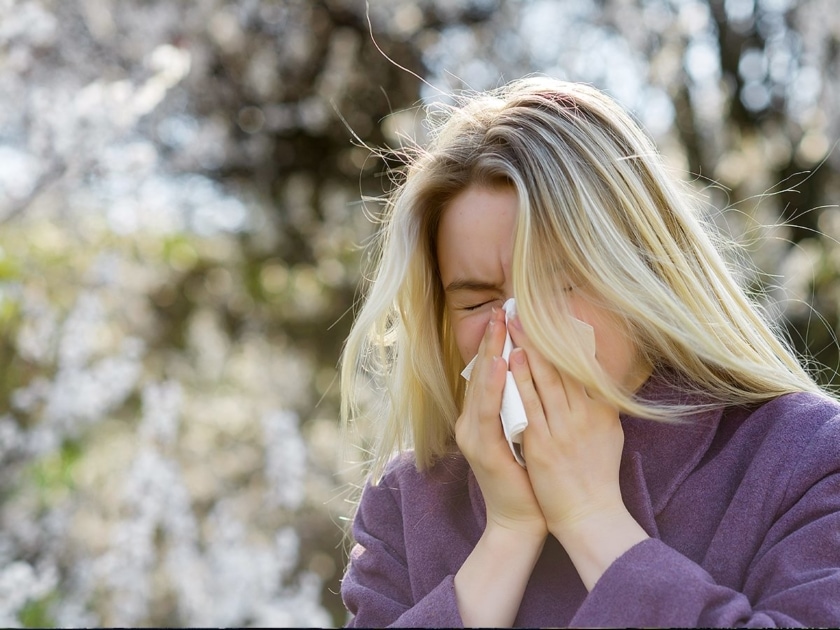
Seasonal allergies and hay fever (known as allergic rhinitis) affect anywhere between 20 and 30 percent of the U.S. population. Those itchy, sneezy, wheezy feelings start in early spring when the trees release pollen. In summer, it’s the grasses’ turn, and the misery continues through late July. Allergy-sufferers then enjoy a small respite until August when ragweed rears its nasty head, which can last through October. And while others are thinking about pumpkins, football, and raking leaves, you’re thinking about your runny nose.
If allergy meds make you drowsy and you’re looking for a few natural options this list may help you get some relief!
Allergy Suffer’s Home Remedies That Work
1. Apple Cider Vinegar
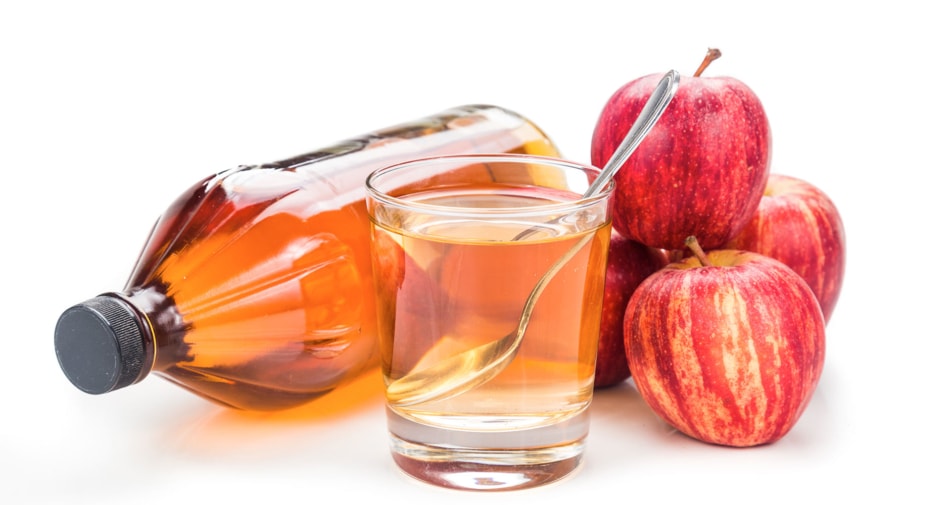
Drinking about two tablespoons of apple cider vinegar in an 8 oz. glass of water once every day, either all year or just during allergy season, can help to slow the production of the histamines that create allergic reactions.
2. Local Honey
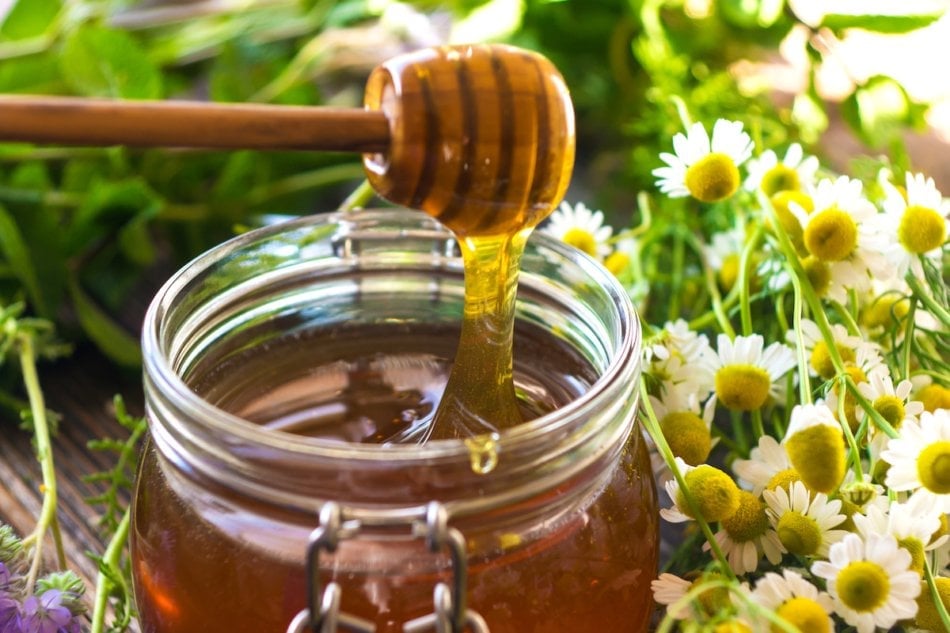
Eating honey made by local bees can help alleviates allergy symptoms because it is made from the same plants causing the allergic reaction. Taking in a small amount of the allergen works just like a vaccine, helping your immune system build antibodies against it.
3. Lime Juice
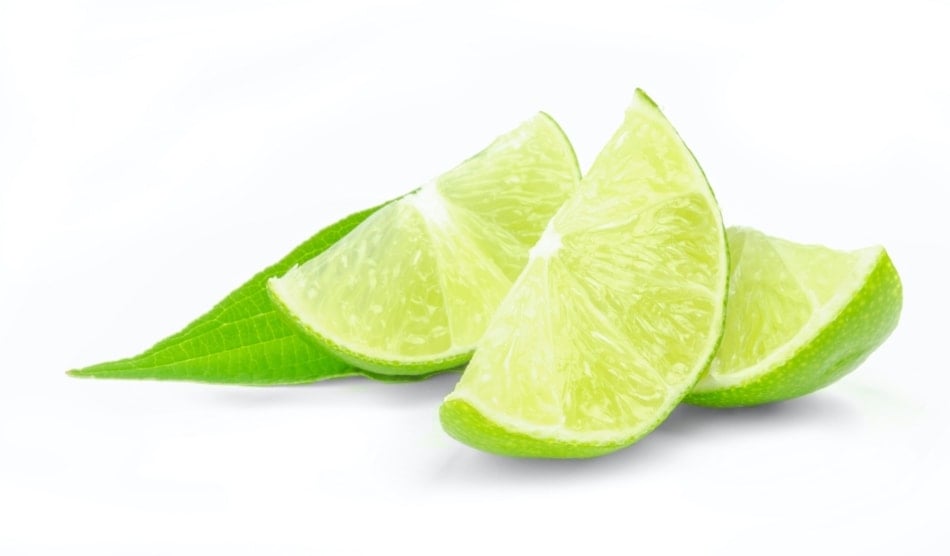
An old home remedy says that the juice of half a lime into a glass of lukewarm water and sweetened with a teaspoon of honey will flush the system of toxins from allergens. Drink this mixture once daily, first thing in the morning.
4. Chamomile Tea
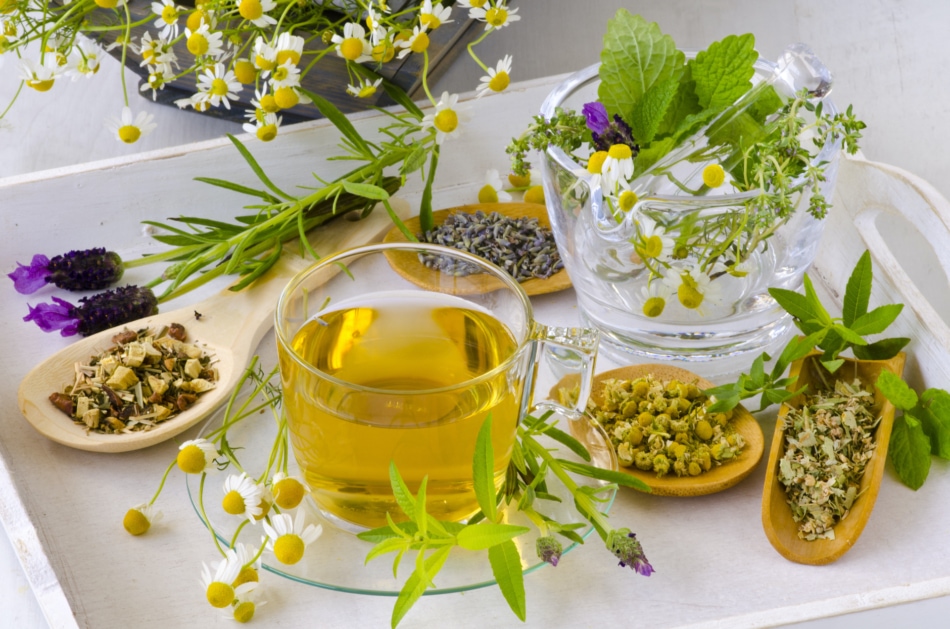
Recognized throughout the world as a natural antihistamine, one or two daily cups of chamomile tea, sweetened with honey, can provide immunity toward many common allergens. NOTE: While there is evidence that chamomile may be good for hay fever sufferers in general, those who develop symptoms when exposed to ragweed pollen might have to be careful with chamomile tea. Chamomile has proteins that are similar to those found in ragweed, and therefore, chamomile tea may cause reactions.
5. Garlic
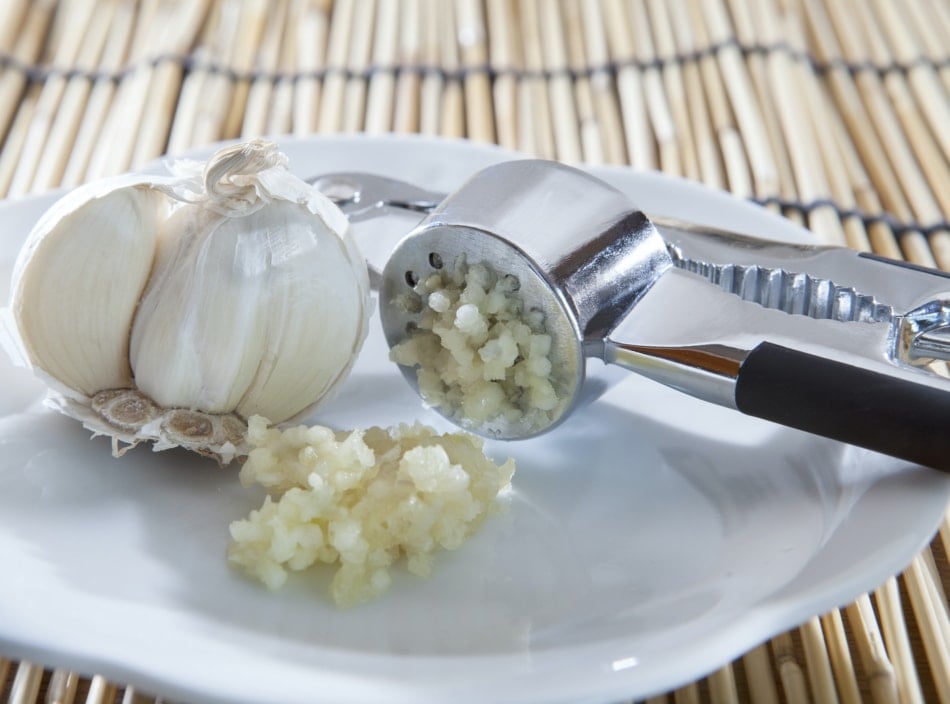
Another good natural antihistamine is garlic. Incorporating it into meals will not only help fight allergy symptoms, but it also adds a flavor boost to many popular dishes. Plus, garlic is loaded with health benefits.
6. Butterbur (Supplements)
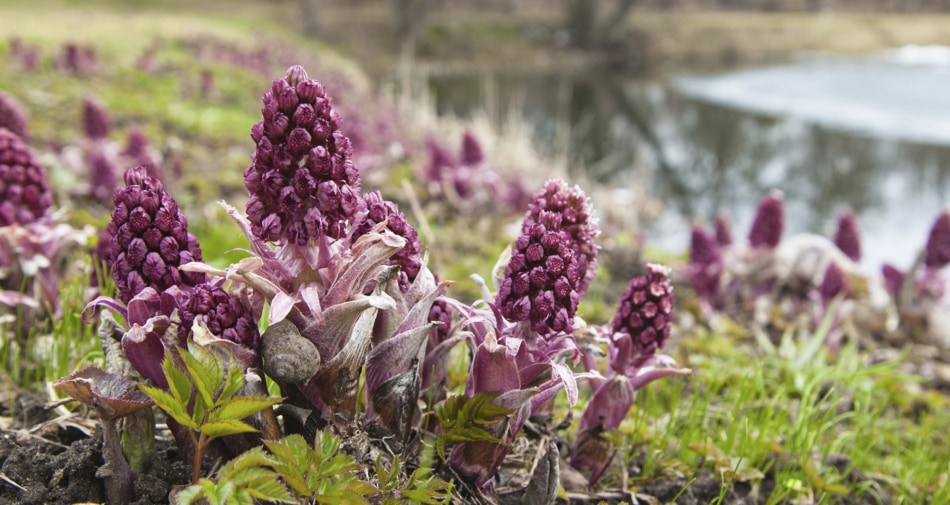
If you suffer from allergies, you might find relief by taking nature’s original antihistamine, butterbur (Petasites hybridus) in supplement form. It’s a member of the daisy family and has traditionally been used to treat a variety of ailments, including headaches, inflammation, and asthma. Read more about butterbur here.
This article was published by the staff at Farmers' Almanac. Do you have a question or an idea for an article? Contact us!




